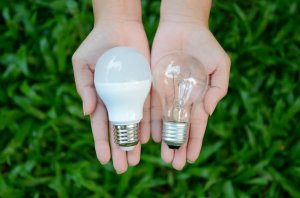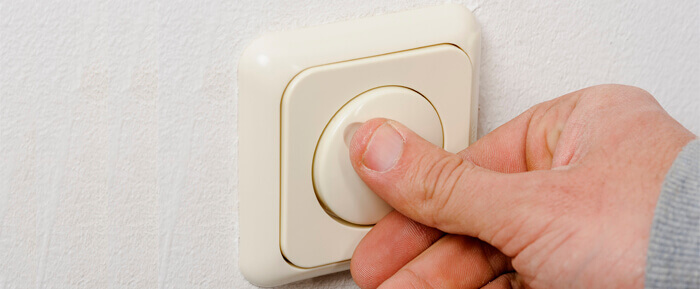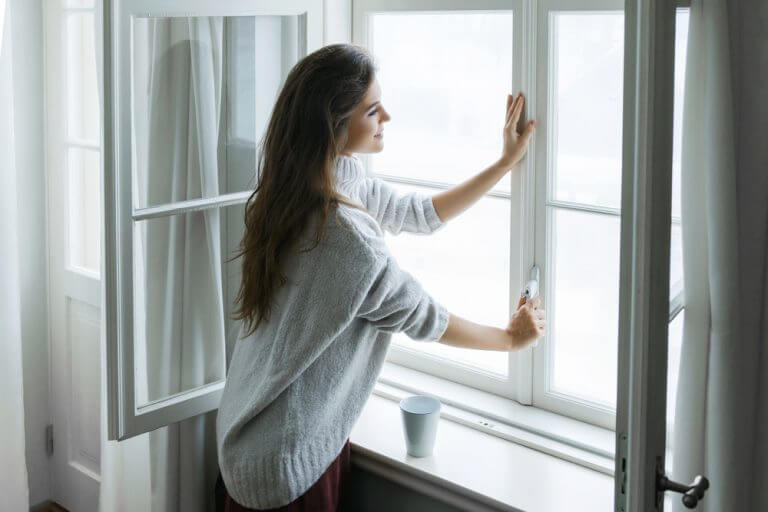A Few Tips to Lower your Electricity Bill

We’ve all been surprised at the end of the month when the electricity bill arrives and it’s higher than expected. If you’ve been trying to be conscious about how much electricity you use, how come it’s so high? In this article, we give you a few tips to lower your electricity bill.
Obviously, at home, you’ve got appliances that are always on, such as the fridge, the freezer, the water heater, etc. However, they should have an energy saving system to keep them from wasting electricity.
In short, you need to act now and understand what to do. Let’s look at a few things that may be affecting your finances and learn why you need to be careful with these little details.

What’s spiking your electricity bill?
In the home, there’s usually something using electricity that you forget about. You don’t realize that certain things are using electricity, without any real need.
If a device is on stand by, it’s using a few watts of power. Obviously, this isn’t a high usage, but if you add up all the energy used in one month, you’ll see how significant the usage really is.
Devices that raise your electricity usage
It’s worth noting that some devices or appliances may raise your electricity usage without you knowing it! This means that, even though these devices may be turned off, they keep using low amounts of electricity.
Next, let’s analyze some of the appliances and devices that may be causing this problem. It’s so important to save energy and use it responsibly.
- Power strips are usually left on when you should turn them off and unplug them. If you’re not using them, why keep them on and plugged in? Besides, this is a great way to avoid short-circuits or overheating.
- Devices like your computer, tablet, shaving machine, lamps, etc., use energy even when they’re turned off. If you count how many of these devices you have, it’s likely to be a lot.
- You probably keep your mobile charger plugged in. Maybe you only use once every day, so, why don’t you unplug it once you’re done? It’s a small gesture but with big results.
- As for appliances, such as the oven, washing machine, dishwasher, fridge, microwave, etc., you can’t unplug and plug them in all the time. For this reason alone, this is an unavoidable expense.

A few tips to lower your electricity bill
Using energy responsibly depends on us. You should turn the lights off when you’re not using them, and turn everything off when you leave the house. However, as you’ve seen, there are a few devices and appliances that still use electricity, even when they’re turned off.
It’s a good thing to create some daily habits to improve the situation. Every time you’ve fully charged a device, pick the charger up and store it away. If you don’t use the TV regularly, leave it unplugged and you’ll start spending less on energy.
The same applies to power strips. Turn the red button off or unplug it, whenever possible. It’s the same thing with floor lamps, instead of keeping them plugged in, just put them on whenever you need to use them.

Eco-efficiency is the future
As a rule of thumb, household appliances and technological devices have an energetic eco-efficiency label. This means that they’re made for safe energy, even when they’re plugged in.
However, the best eco-efficiency is maintaining these good habits. In other words, you should use electricity responsibly. It’s time to turn off the lights and light up your mind.
All cited sources were thoroughly reviewed by our team to ensure their quality, reliability, currency, and validity. The bibliography of this article was considered reliable and of academic or scientific accuracy.
- Jorge, Elena: Del hogar digital a la casa red, Lulu, 2008.
- Kriebel, Henning: Ahorro de energía mediante electrónica, Barcelona, Marcombo, 1998.